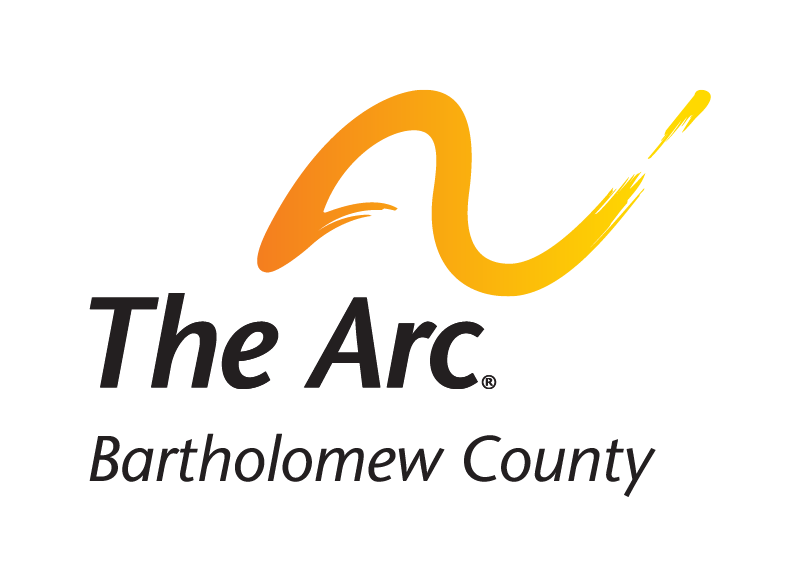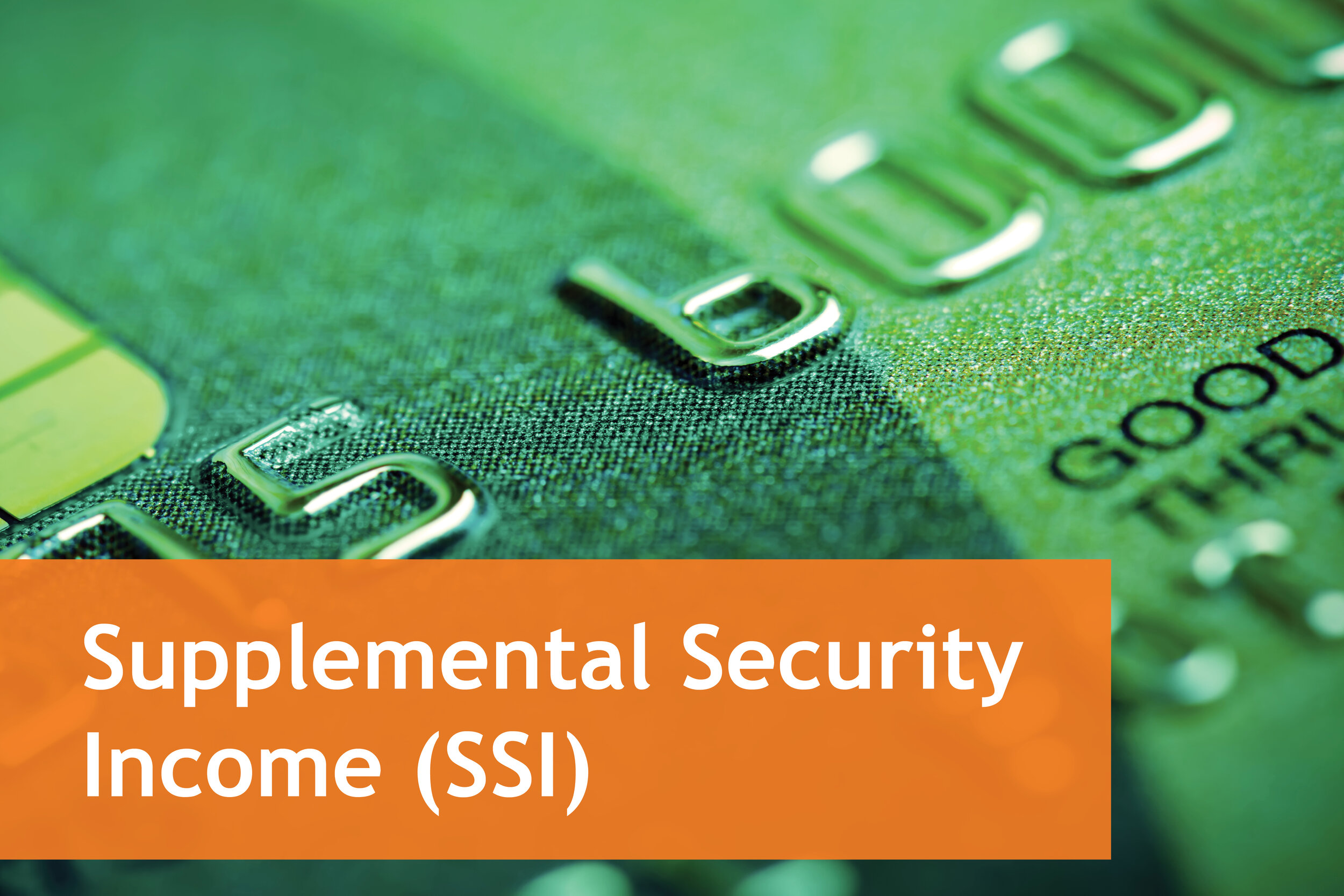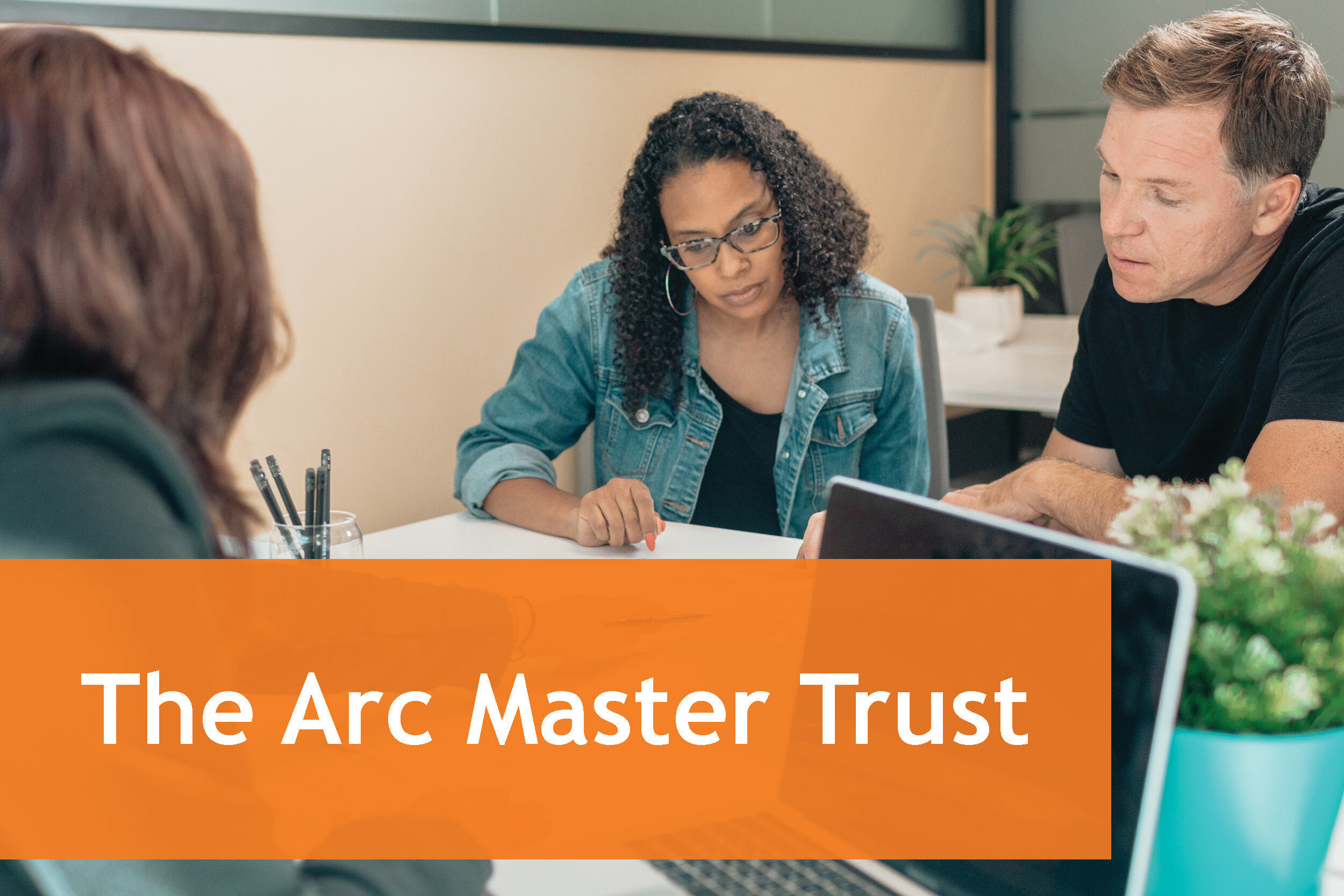Childhood to Early Adult Resources
As children grow into adolescence their needs change. By continuing to seek support throughout their school years, children will transition more successfully into an independent adulthood.
Government Programs
Formal support structures are, in many ways, the most common when a child is in the school system. He or she has teachers and support staff to assist in day-to-day activities. In addition to those in-school supports, there are several government programs designed to provide benefits for children prior to their 18th birthday. Explore the resources below for an introduction to some of these programs:





